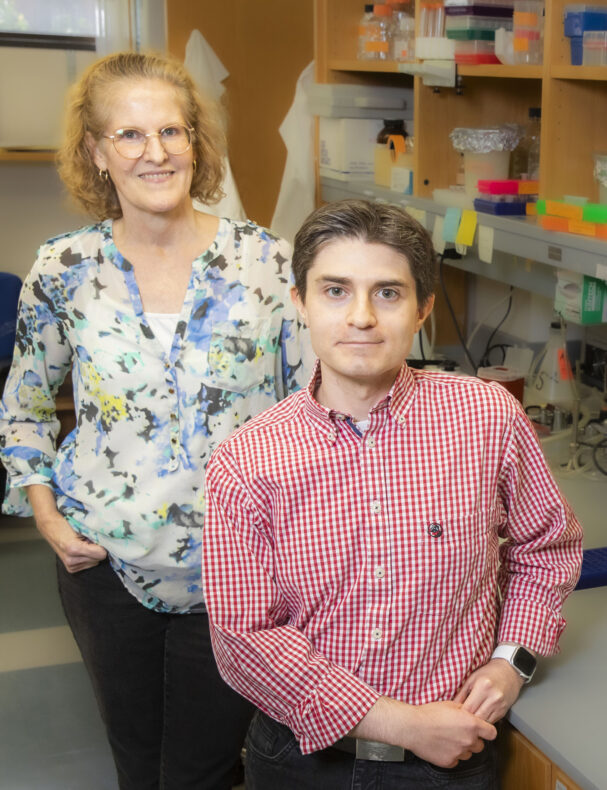Michelle Southard-Smith, Ph.D., associate professor of Medicine in the Vanderbilt University School of Medicine, has won a major award from the National Institutes of Health (NIH) to support her research on how nerves control organ function.

The two-year, $1.3 million award is part of a five-year, $238 million program called SPARC (Stimulating Peripheral Activity to Relieve Conditions) announced by the NIH last week. Its goal is to modulate peripheral nerve signals in ways that improve the treatment of conditions as diverse as asthma and diabetes.
Southard-Smith and her lab study the enteric nervous system, a network of interconnected nerve-cells in the intestinal wall that coordinates normal movement and function of the gastrointestinal tract. Little is known about the genes expressed in adult enteric neurons or how distinct types of neurons contribute to overall coordination of intestinal motility.
As a result, “our abilities to target and functionally manipulate specific types of neurons in the gut are extremely limited,” said Southard-Smith, also associate professor of Cell and Developmental Biology.
To bridge this gap in knowledge, Southard-Smith and her colleagues will use the grant (No. OD023850) to develop a comprehensive, single-cell “transcriptome map” of messenger RNA isolated from adult enteric neurons in normal mice.
The work will be done in parallel with deep genome sequencing of enteric ganglia (nerve cell clusters) from human intestine. Their goal is to generate a global gene expression “atlas” of human enteric ganglia that can be used to identify conserved genes for distinct neuronal subtypes.
The resulting atlas of “molecular fingerprints” for enteric neurons, in combination with high-resolution motility patterns, will provide the information needed to begin targeted functional manipulation of GI motility in distinct regions of the intestine.
SPARC is funded through the NIH Common Fund, which encourages collaboration and supports a series of exceptionally high-impact, trans-NIH programs. The program is managed by the NIH Office of the Director.

















